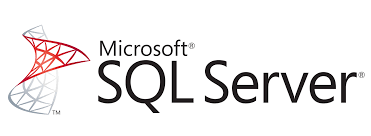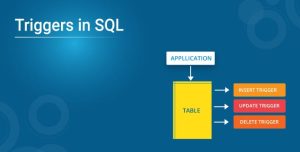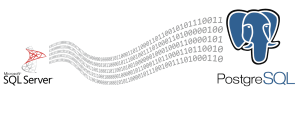Table of Contents
- Introduction
- Editions and Versions
- Installing SQL Server
- SQL Server Management Studio (SSMS)
- Basic Configuration
- Summary and Next Steps
1. Introduction
What is SQL Server?
SQL Server is a relational database management system (RDBMS) developed by Microsoft. It is designed to handle a wide variety of data and transactions, supporting enterprise-level data management and analysis solutions.
History and Development
SQL Server was first introduced in 1989 and has since evolved through numerous versions, each adding more features and improvements.
2. Editions and Versions
SQL Server Editions
- Enterprise: For large-scale applications.
- Standard: For mid-tier applications.
- Express: Free, limited features for smaller applications.
- Developer: Full features for development and testing.
Version History
Highlighting major releases like SQL Server 2008, 2012, 2016, 2019, and the latest version, SQL Server 2022, along with their significant features.
3. Installing SQL Server
System Requirements
- Operating System: Windows Server, Windows 10/11.
- Hardware: Minimum 1.4 GHz processor, 2 GB RAM, 6 GB disk space.
Installation Steps
- Download SQL Server setup.
- Run the installer and choose the desired edition.
- Follow the setup wizard to complete the installation.
4. SQL Server Management Studio (SSMS)
Downloading and Installing SSMS
Visit the Microsoft website and download the latest version of SSMS. Install by running the downloaded executable.
Connecting to a SQL Server Instance
- Open SSMS.
- In the “Connect to Server” dialog, enter server name and authentication method.
- Click “Connect” to access the server.
5. Basic Configuration
Creating Your First Database
- Open SSMS.
- Right-click on “Databases” and select “New Database”.
- Enter the database name and click “OK”.
Basic Database Operations
- Creating Tables: Use T-SQL or the GUI to define tables.
- Inserting Data: Use INSERT statements or import tools.
- Querying Data: Use SELECT statements to retrieve data.
6. Summary and Next Steps
This lesson introduced you to SQL Server, its editions, and versions. You learned how to install SQL Server and SSMS, connect to an instance, and perform basic database operations. In the next lesson, we will dive deeper into SQL queries and data manipulation.


